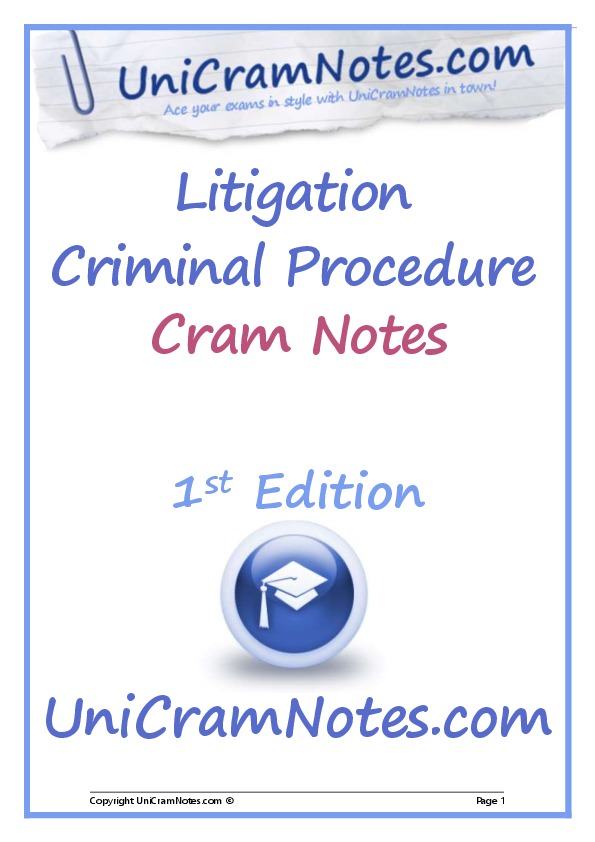i. WAS THERE NOTIFICATION OF GROUNDS OF ARREST? Arrestor must notify the arrestee of the reason they are being arrested, so that the arrestee can have an opportunity to explain. A police officer must provide the person subject to the exercise of a power, such as arrest, with the reasons for exercise of the power (LEPRA s 201(1)(c)). Christie v Leachinsky – The police must inform the person of the true ground of arrest, or otherwise they will be liable for false imprisonment This includes the facts alleged to constitute the offence, so that the person arrested may resist arrest if it is unlawful – This obligation must be carried out unless the circumstances show that the person would know the general nature of the offence (e.g. where the person was caught red-handed, or he is resisting arrest), or where circumstances are such as to be practically impossible to inform him or her. – Technical or precise language is not needed – as long as he or she knows in substance the reason for the arrest
The most concise and updated Litigation Criminal Procedure Study Notes for Australian Law Students.
Does not include Model Exams and Model Exam Answers.
(Click here to purchase the Notes & Model Exam Answers)
Approximately 17412 words over 34 pages. Prepared in 2025.










